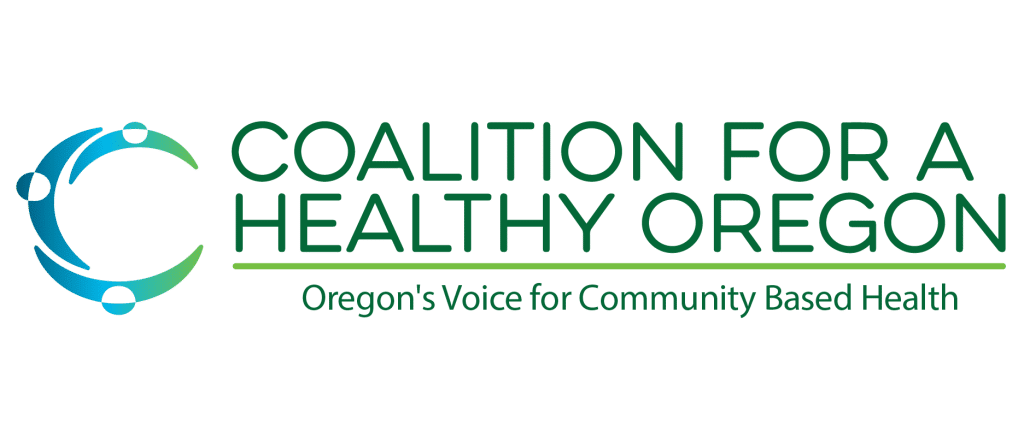OHP Utilization Increase
With 92,700 Oregonians filing for unemployment in a single week, many people may not have access to the health insurance they need during a pandemic. With the expansion of unemployment insurance (UI) benefits, as well as the federal allowance to provide broadened eligibility to state Medicaid programs, we know many people will likely be filing for Oregon Health Plan (OHP) benefits as well.
Currently, one in four Oregonians are served by OHP, the state-based Medicaid program that delivers care through coordinated care organizations (CCOs). In a report completed by Health Management Associates, as many as 430,000 Oregonians could lose their health coverage, and most of those people—about 320,000—would turn to OHP coverage. This report lays out three different scenarios, and even the least destructive scenario in the report projects that 149,000 more people will apply for OHP coverage.
Health Management Associates produced studies on how this will affect Medicaid in every state, and found that lower- and moderate-income people are the most likely to lose their jobs and employer-sponsored health insurance. This economic downturn will disproportionately affect younger individuals who earn less than $50,000 annually.
Will the CCOs that serve our state be able to rise to the challenge of this explosion in OHP enrollment? In short, they’re working incredibly hard to.
COHO has been working collaboratively with the Oregon Health Authority (OHA) to provide solutions and recommendations that would allow CCOs to increase access to health care and expand their capacities. Due to this collaboration, OHA has extended report deadlines, paused rulemaking and the rollout of some new programs, and released 100% of the quality pool money that is normally doled out based on positive health outcomes.
The release of quality pool money is to enable CCOs to invest in resources that their community needs right now, like food, rent assistance, housing, increased mental health services, and providing capital to keep rural clinics and other systems afloat, just to name a few.
This quality pool money isn’t just a blank check though – CCOs are required to provide documentation about planned community investments to ensure this release is going strictly to COVID-19-related investments.
Other than working with OHA to increase capital and decrease administrative reporting, our CCOs are working around the clock to launch call centers, provide food resources to children and elderly adults, and others in need. CCOs are also reinventing current programs in new and creative ways. For example, some CCOs are utilizing their Non-Emergent Medical Transport (NEMT) independent contractors who normally drive patients to doctor’s appointments to deliver food to those that may be medically fragile.
Our state’s work to provide resources and work with our CCOs, as well as the current success of aggressive social distancing measures, make us feel hopeful that our CCOs will have enough capacity to serve increase a greater number of Oregonians through this time.
Do you have ideas on how your COHO CCO could invest in your community? Share them with us here.



